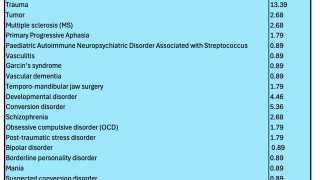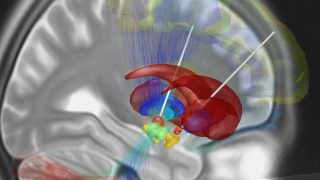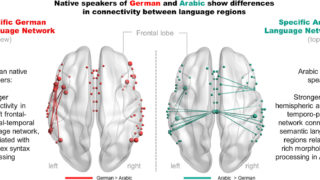
When words fail, the brain can find ways to speak through music
Authors: Lieke A. Heijmans is an undergraduate student at the Linguistics program of the University of Groningen, The Netherlands. Adrià Rofes is associate professor in Neurolinguistics at the University of Groningen, The Netherlands. Losing the ability to speak doesn’t always mean losing the ability to communicate. For many people living with aphasia (i.e., a language […]








